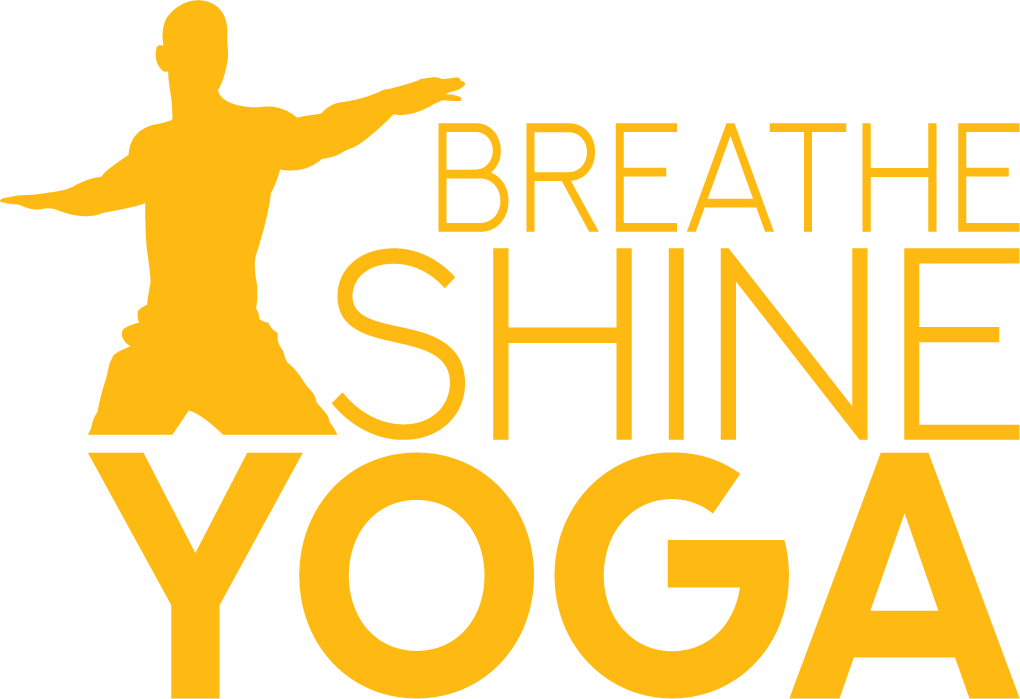
The yogic alternate nostril breathing, also known as Nadi Shodhana or Anulom Vilom, is a technique in yoga and pranayama that offers several potential health benefits:
Stress Reduction: It can help reduce stress and anxiety by balancing the activity of the sympathetic and parasympathetic nervous systems.
Improved Lung Function: Practicing this technique can enhance lung capacity and increase the efficiency of oxygen exchange. Enhanced Focus and Concentration: It may improve cognitive function and concentration by calming the mind and reducing mental chatter.
Better Sleep: Nadi Shodhana can be used as a relaxation technique to help promote better sleep and manage insomnia.
Detoxification: Some proponents suggest it aids in the removal of toxins from the body by optimizing the flow of prana (life force energy).
Blood Pressure Regulation: Regular practice may help in regulating blood pressure and reducing hypertension.
Emotional Balance: It can assist in balancing emotions and promoting a sense of calm and emotional well-being.
The health benefits of yogic alternate breathing may vary from person to person, and it’s important to practice it regularly and correctly to experience these potential advantages. If you have specific health concerns or conditions, it’s advisable to consult with a healthcare professional before incorporating this technique into your routine.
When practicing this breathing technique, it is important to go slowly, to never force the breath; and for the first few weeks, not to practice any retention of the breath but simply allow the in-breath and the out-breath to happen with as much ease and fluidity as possible. Our whole body , via our nervous system can get “traumatised” easily when breath is compromised. Millions of years of evolution have taught us how much breath (or absence of it) means life or death.
It is important therefor to not stress the nervous system while practicing breathing exercises.
When it comes to Alternate nostril breathing, as the Italian would say: “Qui va piano va sano, va lontano”… (translation: “Go slow to go safe and to last long”).
Sharing practices and information that help people live more connected to their aspirations and take inspired action…

